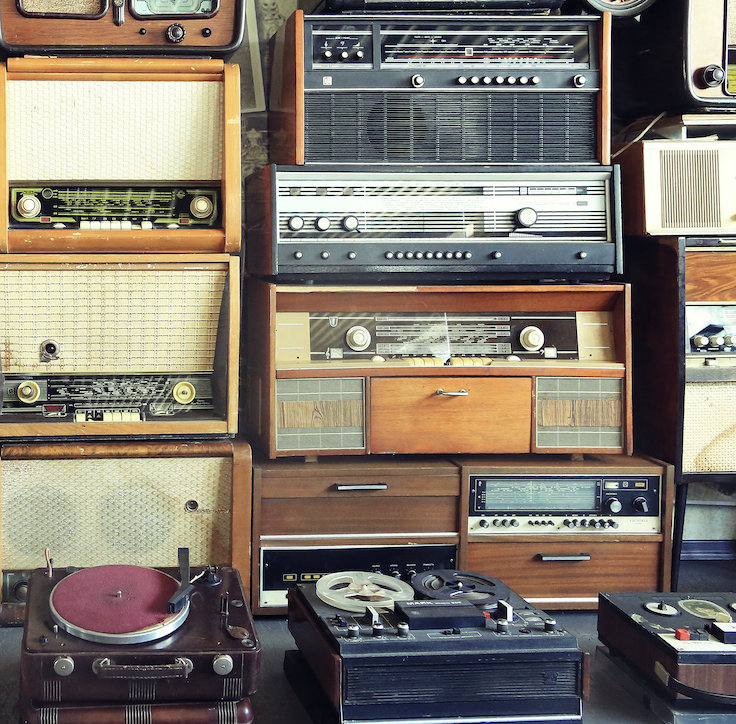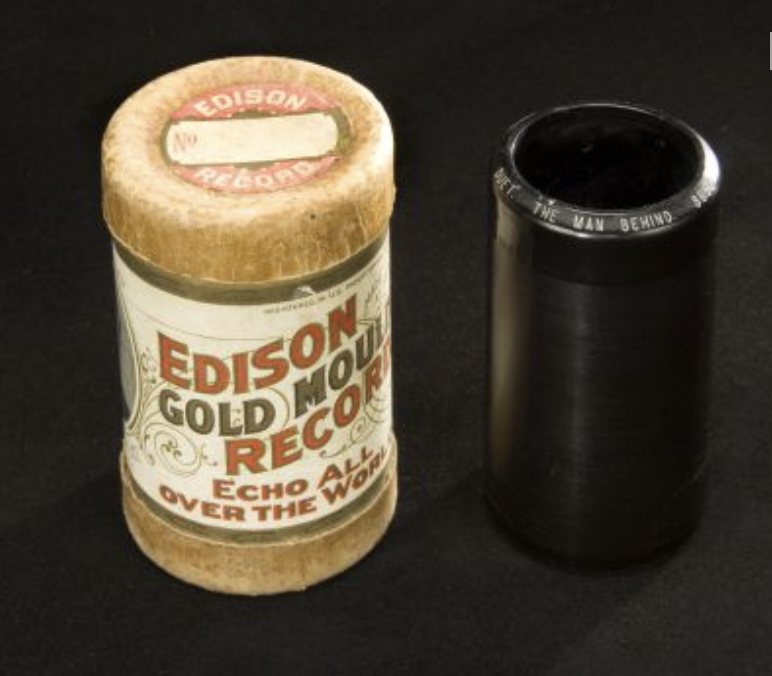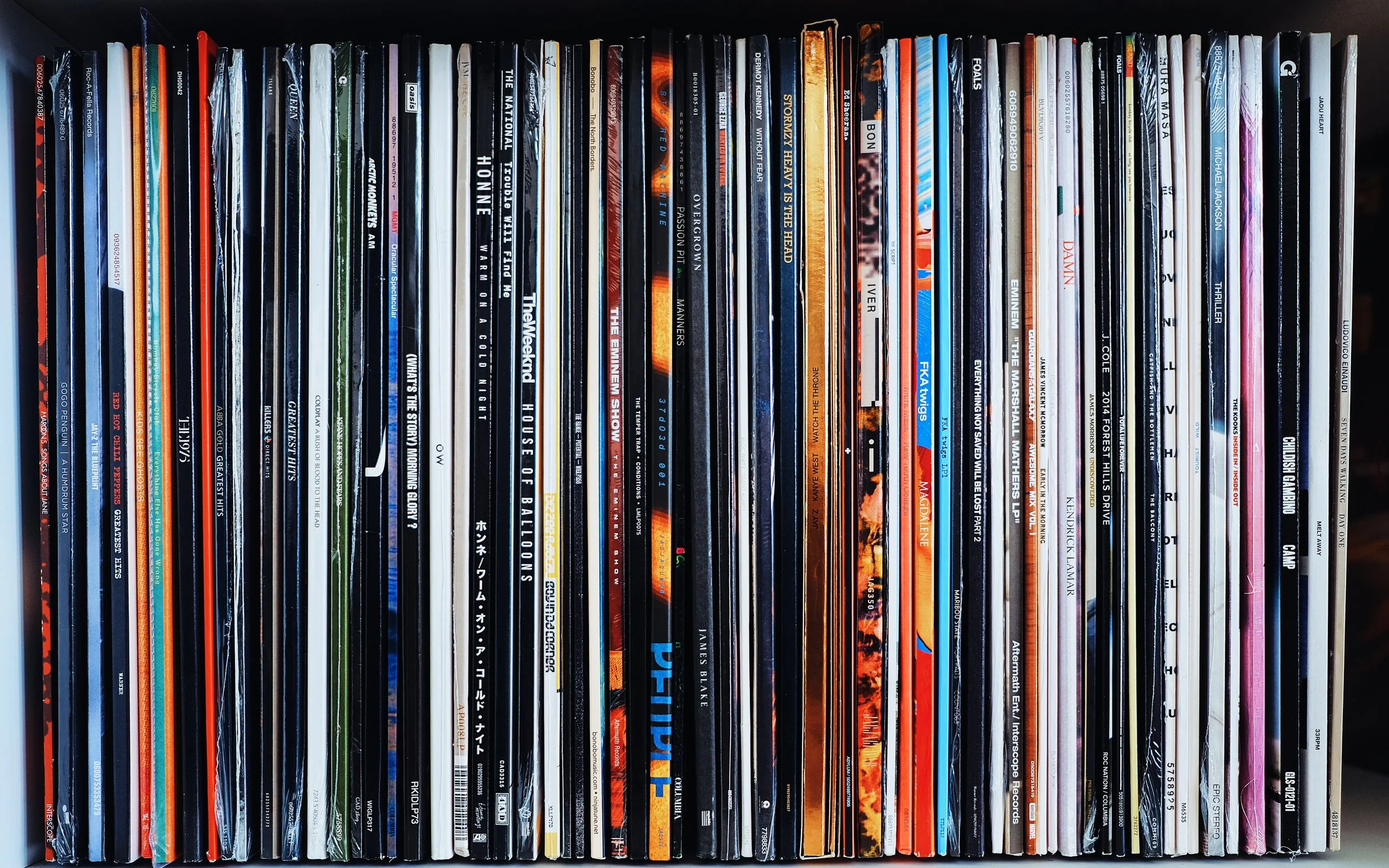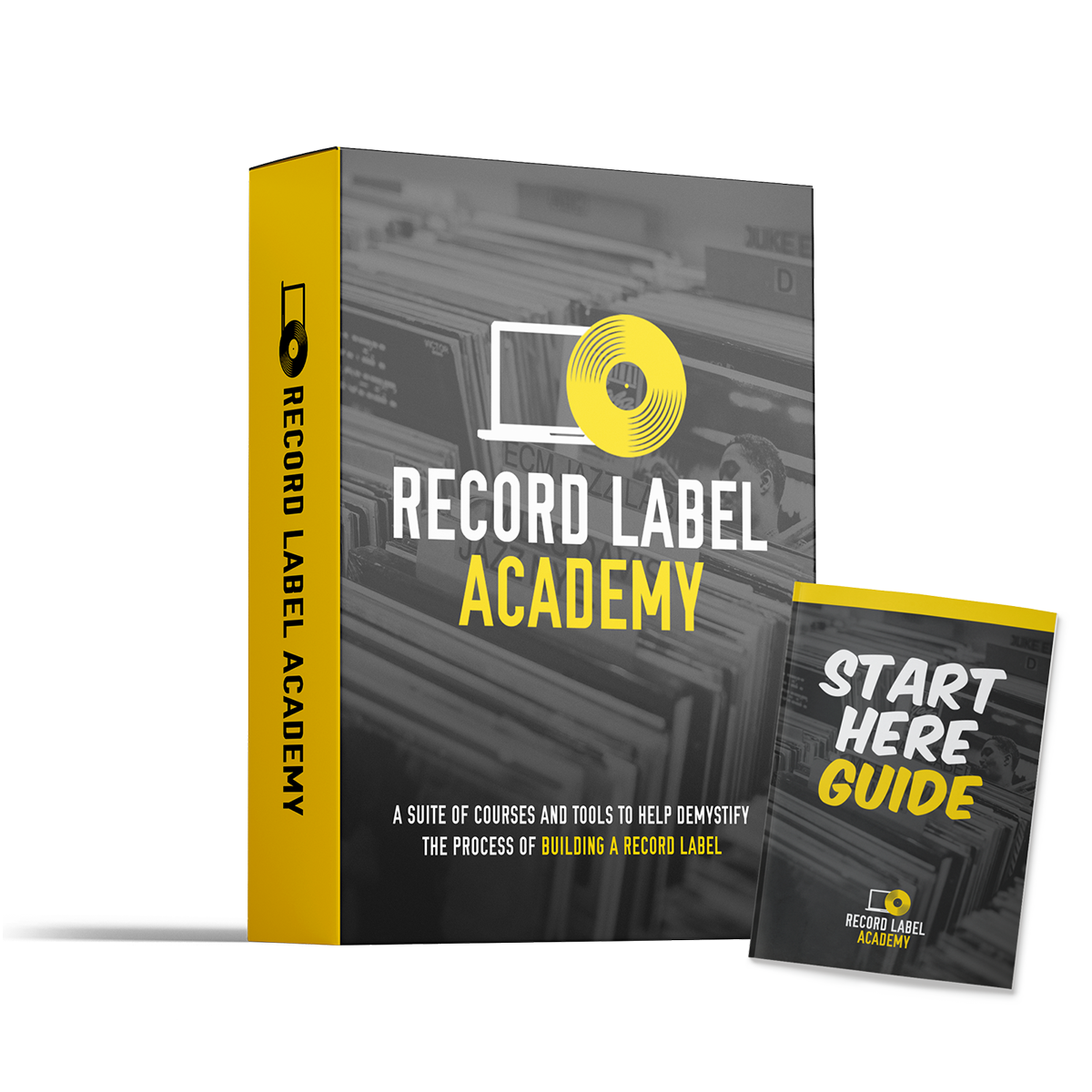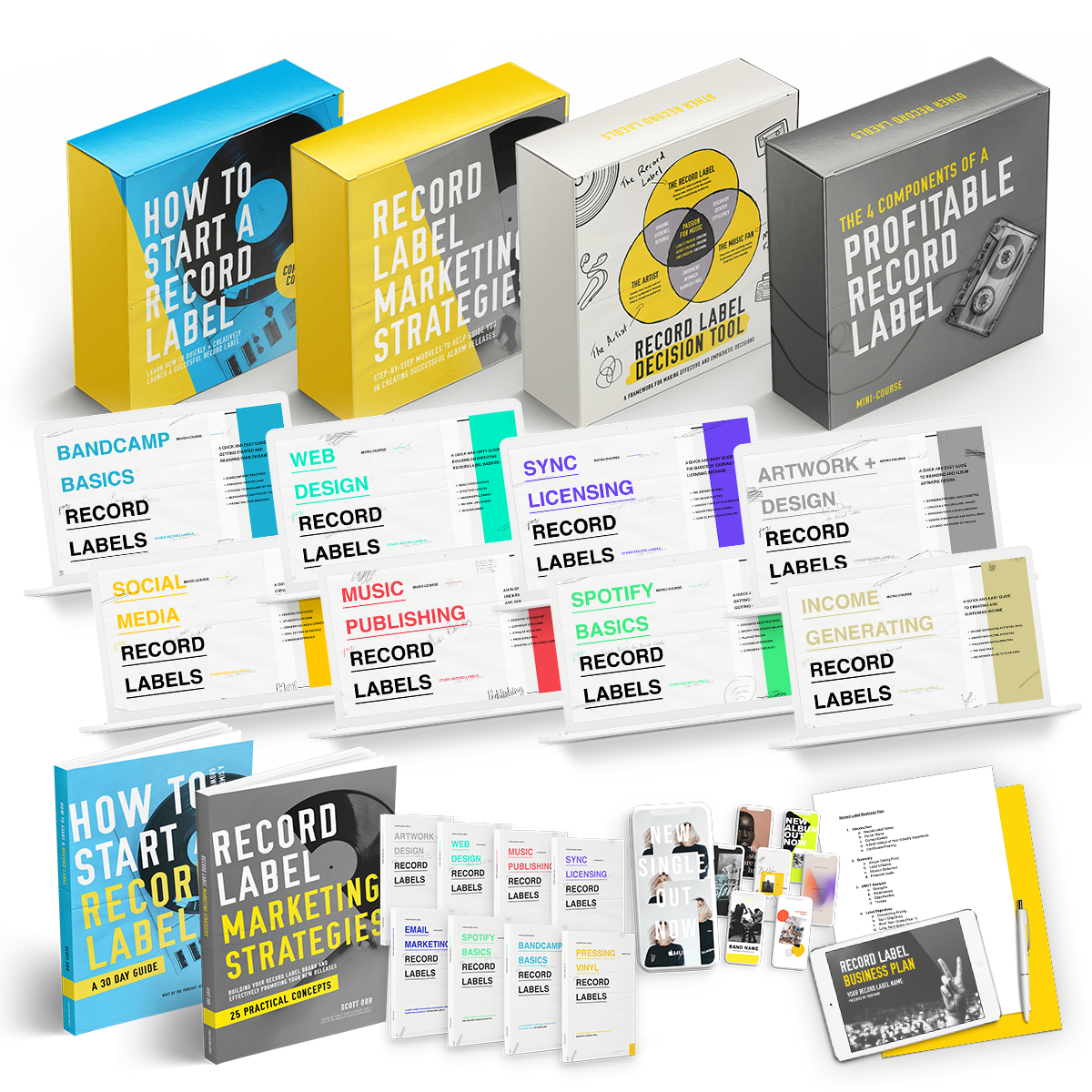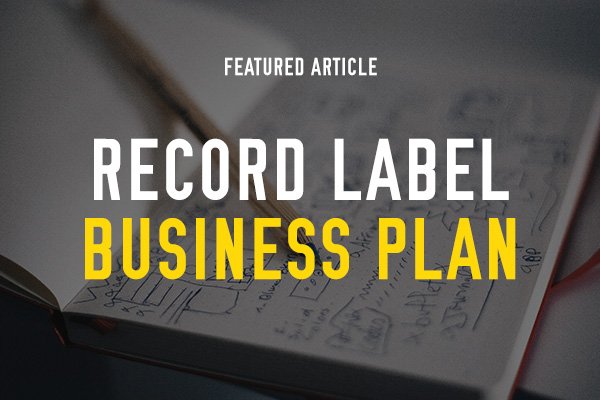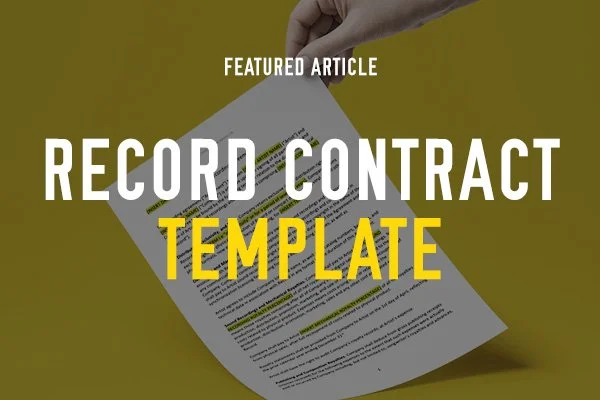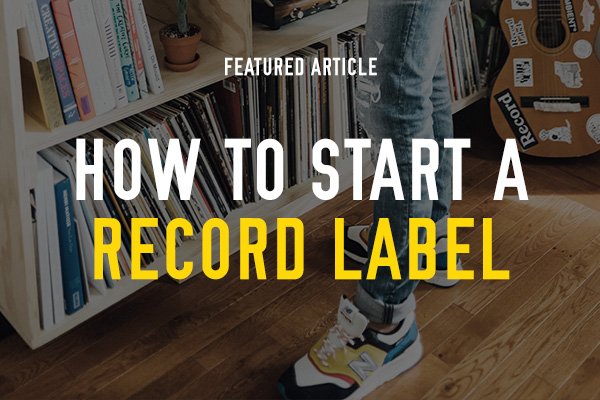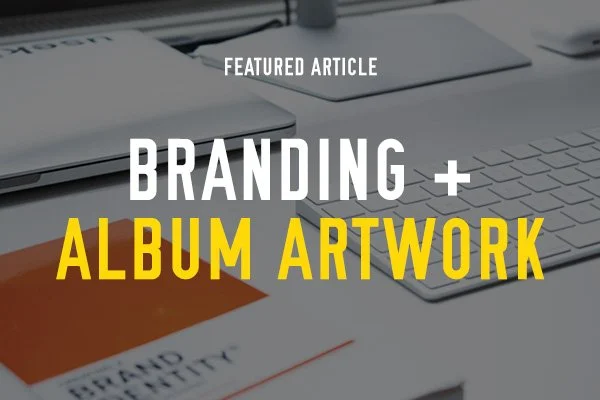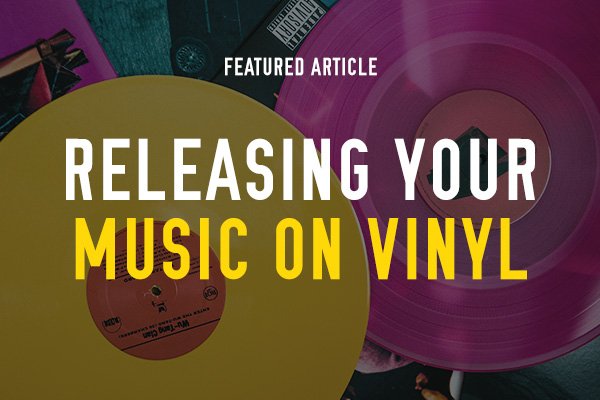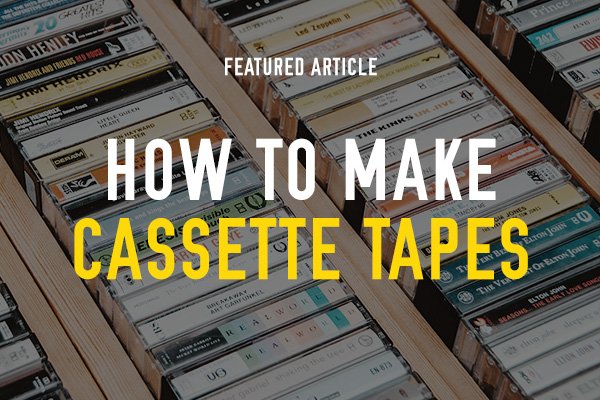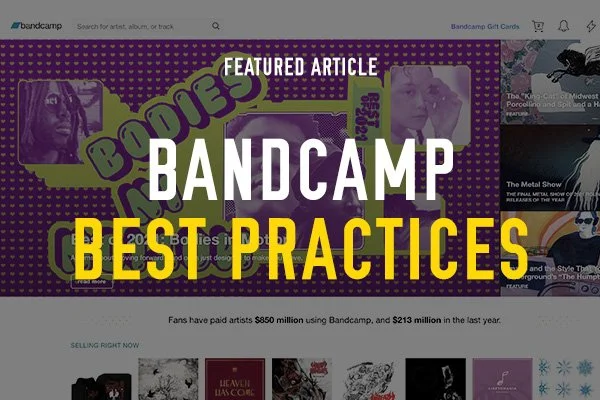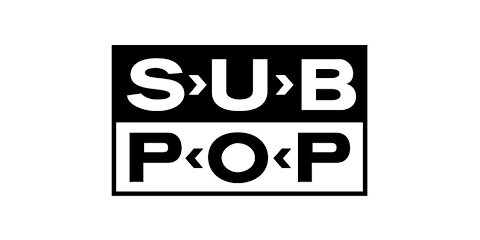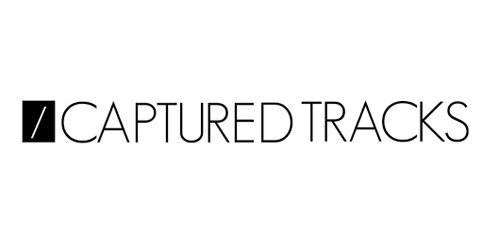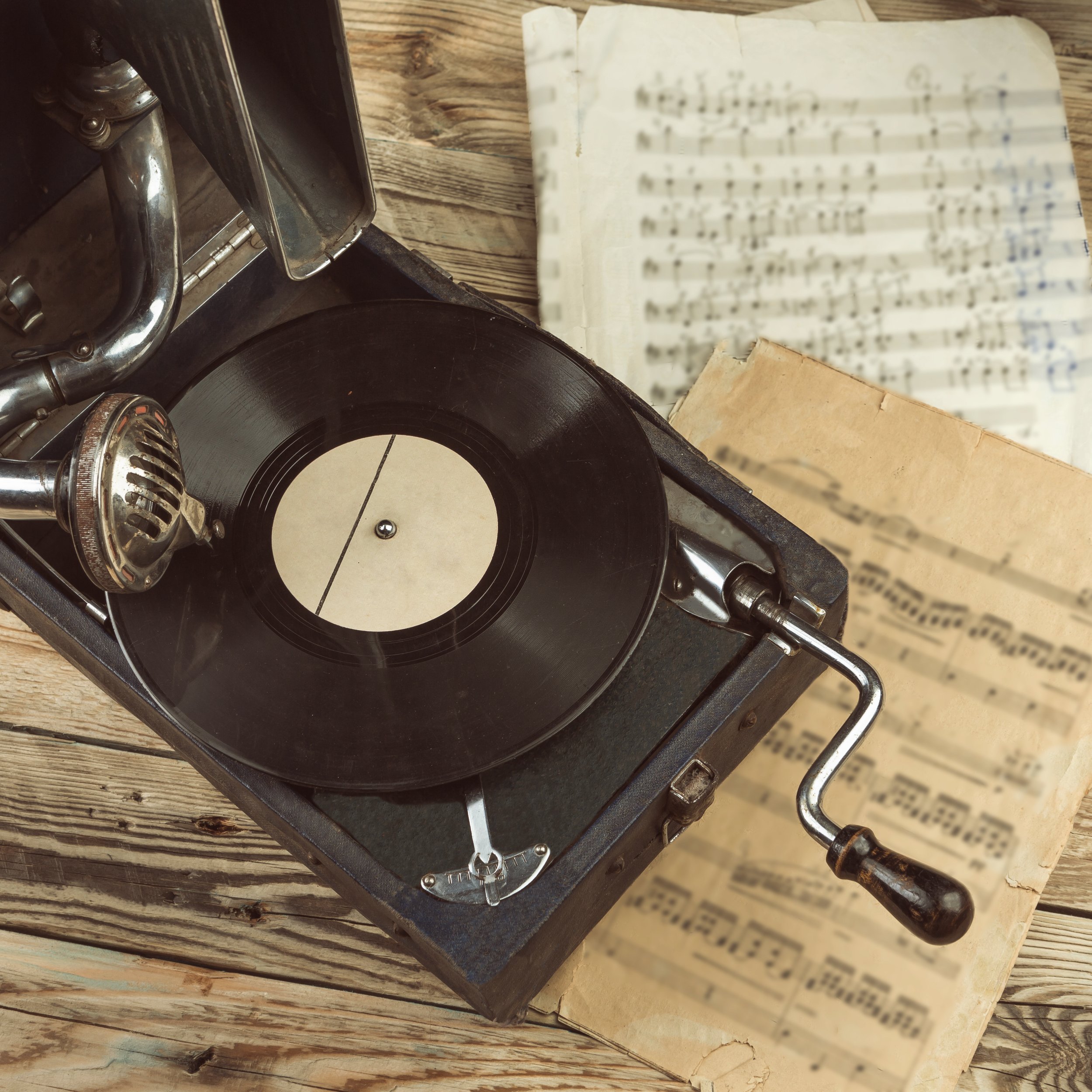
The History of Record Labels
What today’s independent record labels can learn from the origins of the record label.
A Short History Of Record Labels
What is a record label and what is the history of the record label as we know it today?
In the Beginning…
Before recorded music, there were only a few ways you could listen to music: theater, like on Broadway, in church, and through sheet music.
In fact, the most common way songwriters would make money was through selling sheet music. Sheet music worked like this, someone would go to the grocery store or retail store and buy the newest song (think ragtime music) and would then go home and someone (probably granny) would play it on the piano for everyone to hear.
Introducing the Phonograph…
In the late 1800s Thomas Edison invented the phonograph. He patented a way to record audio onto tinfoil cylinders. Eventually he invented a machine with two needles, one to record and one to playback. Basically, he would speak into the mic and the vibrations indented onto the cylinder. The first song? Mary Had a little lamb.
Some of Edison’s original applications for this new device were audio letters, family records, books for the blind, and a clock that announced the time.
Not for Entertainment!
Over the years, Edison famously lost interest in this machine which allowed other companies to swoop in. (He got a little preoccupied with inventing the light bulb).
Interestingly, Alexander Graham Bell took over the concept and improved it as there was a specific interest in how it could benefit the telephone industry.
Recording, in those days, was always for business purposes like dictation or telephone messages. It wasn’t immediately intended to be used for entertainment.
Originally when it came to the various types of cylinders, they could only hold up to 2 mins of audio. Not to mention, there was no way to replicate them, the speaker or musician had to re-record each performance over and over.
So, after many incarnations, a way to duplicate recorded cylinders was invented in 1901. They were black and they could be duplicated from an original “master” up to 150 times per day. These new cylinders were cheaper, they were black in color, and they had a small bevel on the ends to accommodate the title of the recording. Not a label as we know it, but getting close…
The First Record Label…
In theory, the first “record label” was Edison Records, but really it was just referring to the cylinders and not a collective of musicians or anything like that.
The second record label was Columbia Records. The oldest record label that is still in operation today!
Columbia started out as a seller and distributor of Edison Phonographs and it was Columbia who invented the 10” disc and not only that, but they also invented what became known as the “double faced” discs. This spelled the end of the cylinders and created the era of the discs that were more familiar with today.
We should also mention Victor Talking Machines. This company is known primarily for two things.; 1) the very popular gramophone 2) the famous slogan, “his master’s voice” – with the iconic image of a dog hearing his master’s voice coming out of the horn.
Victor was known for higher quality sounding records than Columbia and they both released a collection of Opera recordings as some of the first musical records to be sold.
Driven By Tech Companies…
As of course we all know, the term “record label” comes from the actual paper label around the center of a record. This has become far more symbolic today than the utilitarian definition from the early 1900s. But the concept remains the same. And in fact, the center label from Columbia Records has sort of remained the same for over the past 100 years!
What’s interesting is that originally, you had three or four companies who specialized in selling and servicing these machines that played records. And selling music or voice recordings were a means to an end, as they increased the value of their main products.
This makes it easy to understand why Phillips, an audio hi-fi company, would invent the cassette. Or why Sony (the inventor of the Walkman, and eventually the Discman) would be a part of creating the Compact Disc. And it’s no coincidence that Apple would open one of the first legitimate MP3 stores, around the same time they released the iPod. Tech companies creating content to sell products or subscriptions is even more ubiquitous today with companies like Sirius XM, Netflix, and Apple.
The “Big Six”
By the end of the sixties, CBS was the top record label followed by Warner Brothers. RCA Victor, Capitol Records, Polygram, and MCA were also very popular and by the 70s we had new labels like EMI and Curb Records.
In the 80s, we got what was referred to as the “Big Six” which includes…
Warner Music Group
EMI
Sony Music (Known as CBS Records until January 1991)
BMG (Formed in 1984 as RCA/Ariola International)
Universal Music Group (Known as MCA Music until 1996)
PolyGram
Over the past 25 years, more and more mergers have left only 3 major labels. Warner, Universal, and Sony.
The list of subsidiary labels is huge. For example, under Universal, you have labels like: Island, Def Jam, Verve, Interscope, Capitol Records, and other international brands. Subsidiaries of Sony include Columbia, Epic, Provident, The Orchard, RCA.
A major label is considered any label that has greater than 5% of the global market share.
Independent labels on the other hand refer to labels that are not affiliated or funded by any of the major labels. They handle their own marketing, distribution, and funding.
Make Way for Indies…
What’s truly special about independent record labels is that a lot of them (if not all of them) started out promoting a genre or a group of people as opposed to promoting a technology.
For example, Sun Records (home of Elvis Presley, Johnny Cash, and Sam Perkins) profoundly impacted the proliferation of rock and roll. Not only that, but Sam Phillips disregarded a lot of the rules surrounding race and what could or couldn’t be played on the radio.
Even though major labels dominated the music industry, independent labels carved a space for themselves by promoting music genres outside of the mainstream.
They were often a good predictor of what might eventually become the mainstream. And that’s still true today. They served a smaller group of loyal music fans as opposed to attempting to reach the masses.
Free
Record Label
Toolkit
If you are thinking about starting a record label, this toolkit is packed with free resources to help you get started!
Record Label FAQs
What is a record label?
Put simply, a record label is a brand or company that owns (or licenses) recordings with the purpose of promoting and distributing them for sale online or in traditional record stores.
What are the 3 major record labels?
The remaining 3 major record labels that own a lot of subsidiary record labels include Sony, Universal, and Warner.
What was the first record label?
Technically, the first was Edison records as they were the first to actually make any recording device or machine. The second record label was Columbia, and they are still around today (John Mayer, Daft Punk).
How do I get signed to a record label?
You could always send a “blind” email and share you passion and your music. But the best way is to know people who are already signed to that label so they can vouch for you. The other option is to immerse yourself into the industry and start building an organic network.
What is the best record label?
It would be hard to objectively identify who is or was the best record label. You could measure a label’s success on sales, critical acclaim or cultural impact. There’s no doubt that labels like Motown, Blue Note, and Sun Records have all had substantial impacts on music culture.
How do I start a record label?
Great question! It really is quite simple. All you need is time, patience, persistence, and a good ear! (And maybe some cash). But above all, make sure you start here.
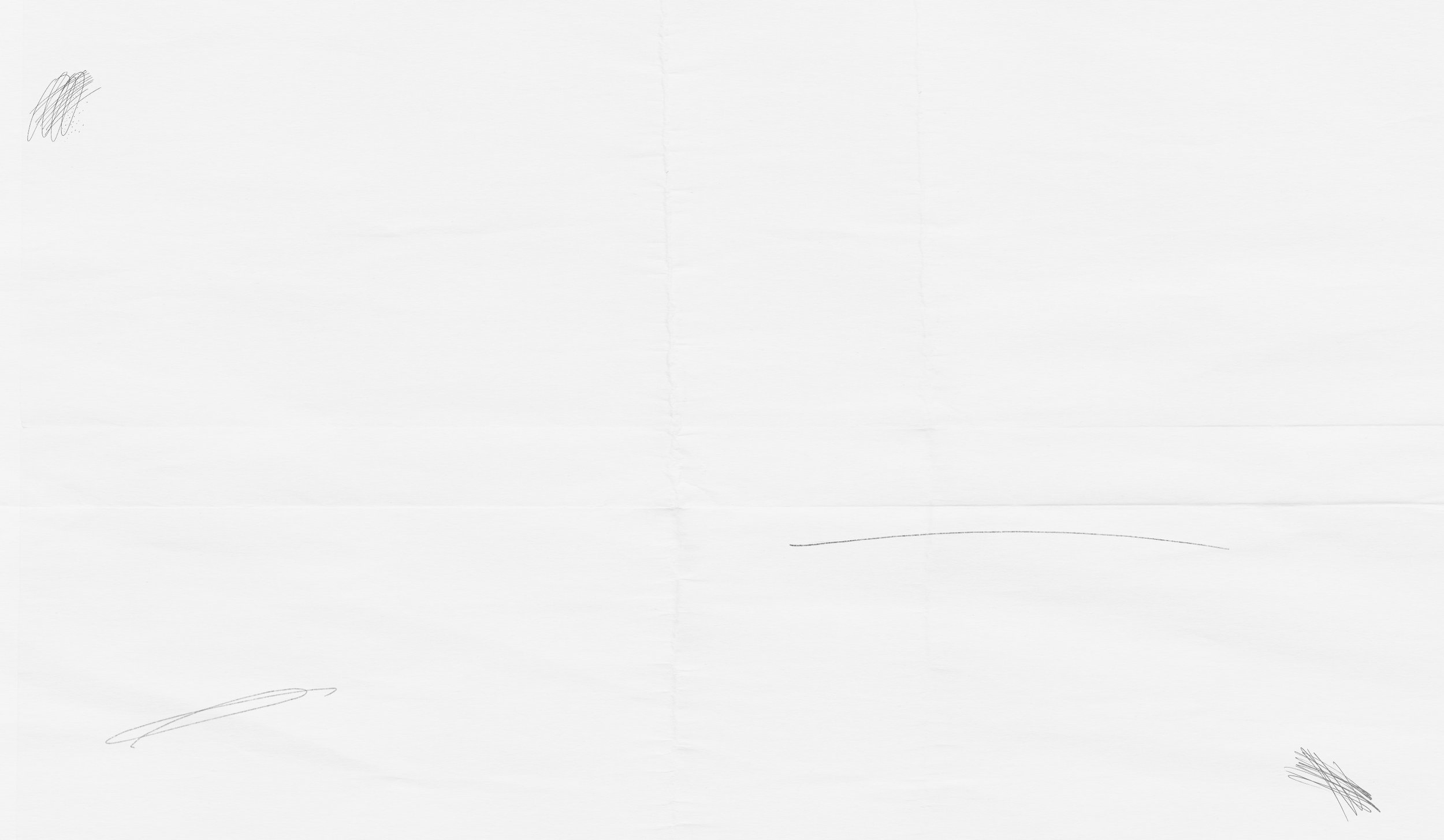
RECORD LABEL
ACADEMY
The Complete A to Z of Building and Growing an Independent Record Label.


RECORD LABEL
ACADEMY
Instant Lifetime Access to all our courses, books, and templates!
-
How to Start a Record Label (Online Course)
Record Label Marketing Strategies (Online Course)
Record Label Decision Tool (Online Course)
Profitable Record Label (Online Course)
All 10 Micro Courses
All 8 Micro eBooks
How to Start a Record Label (eBook)
Record Label Marketing Strategies (eBook)
Tons of bonus templates and extra resources
BEST VALUE
*
BEST VALUE *
RECORD LABEL
ACADEMY
Instant Lifetime Access to all our courses, books, and templates!
-
How to Start a Record Label (Online Course)
Record Label Marketing Strategies (Online Course)
Record Label Decision Tool (Online Course)
Profitable Record Label (Online Course)
All 10 Micro Courses
All 8 Micro eBooks
How to Start a Record Label (eBook)
Record Label Marketing Strategies (eBook)
Tons of bonus templates and extra resources

Helpful Articles for Record Labels

How to Start
a Record Label
The Complete Guide
In this workshop, I cover everything you need to know to start your own record label. Let’s get started!
Other Record Labels Podcast
Featuring interviews with…


